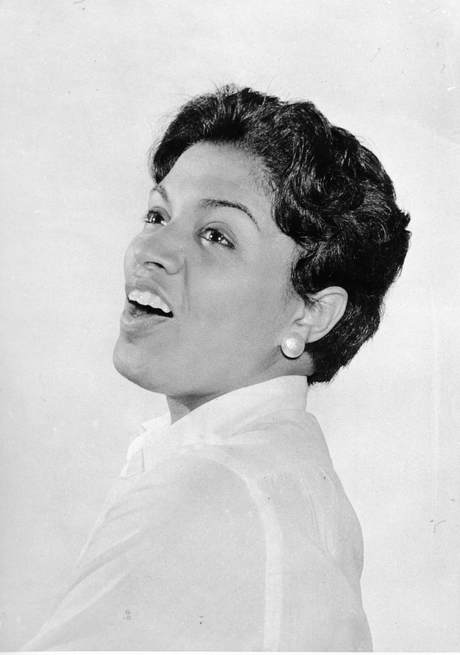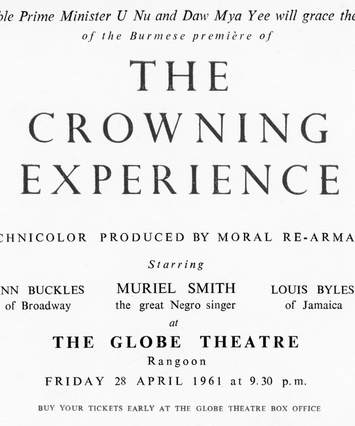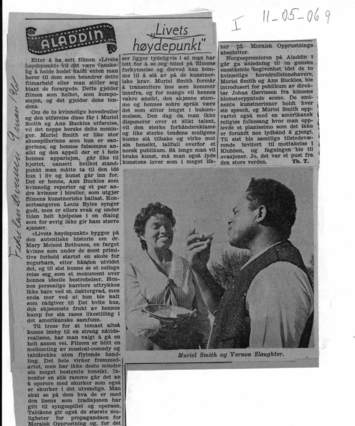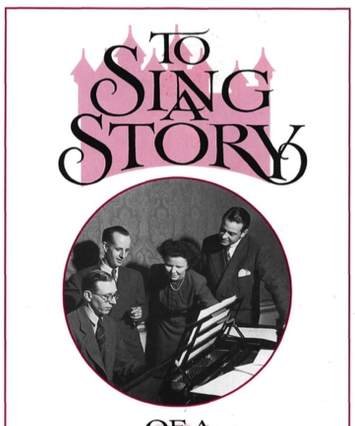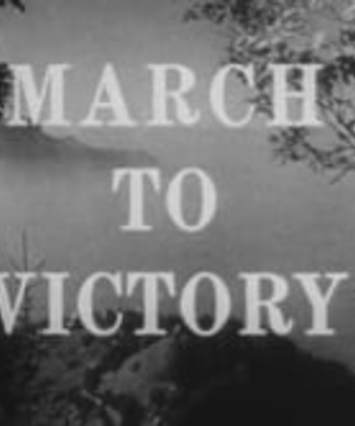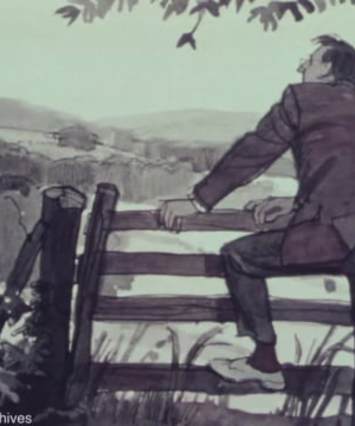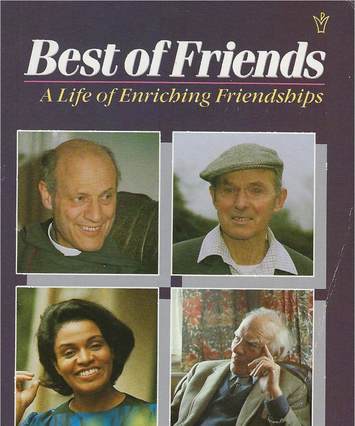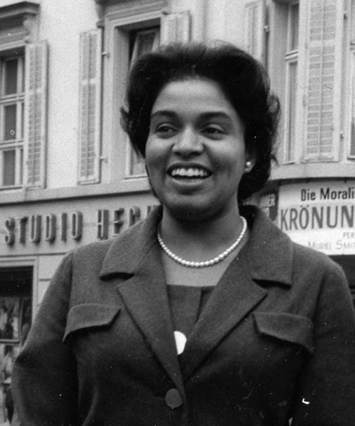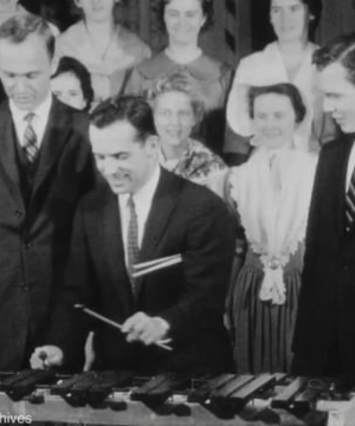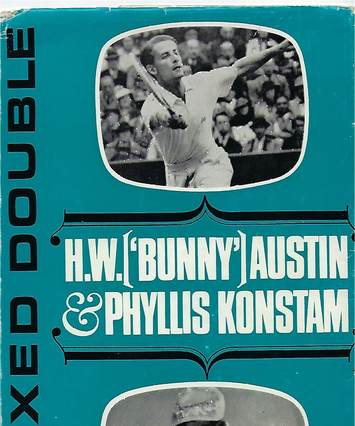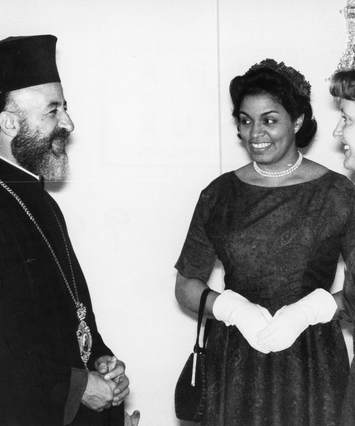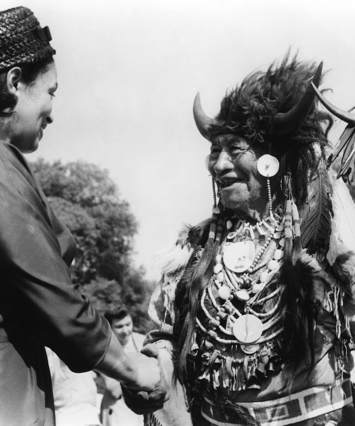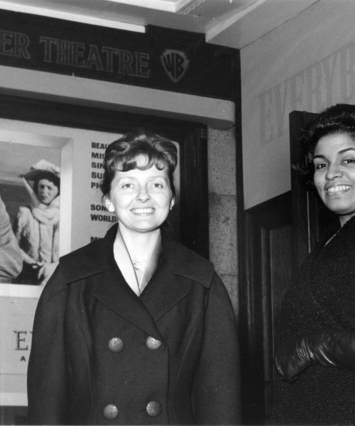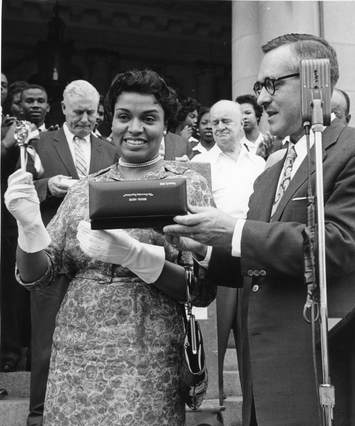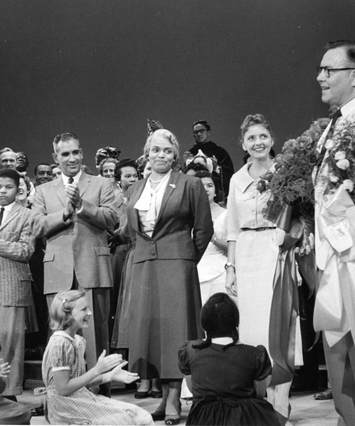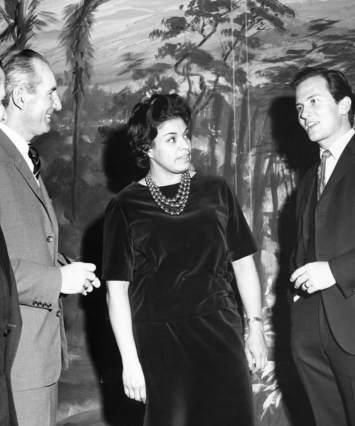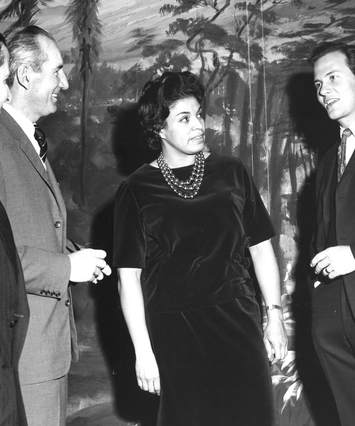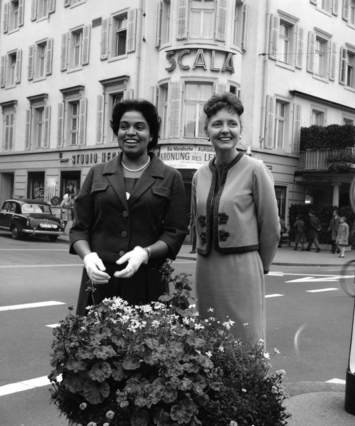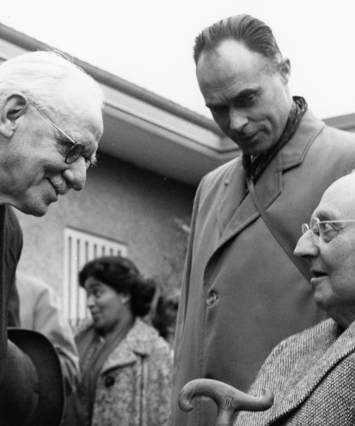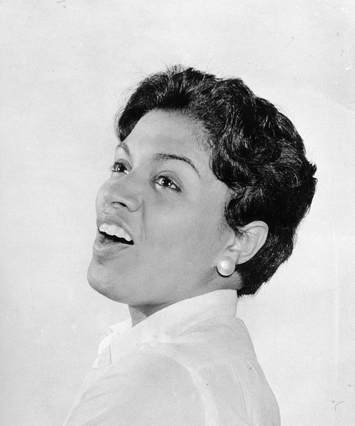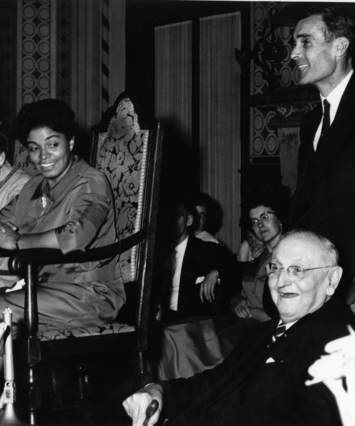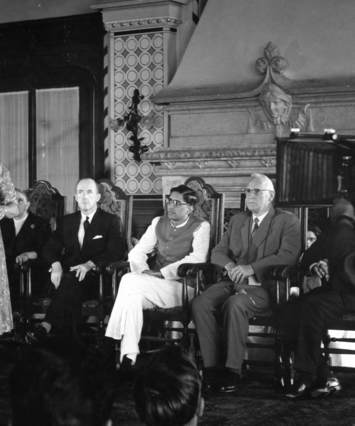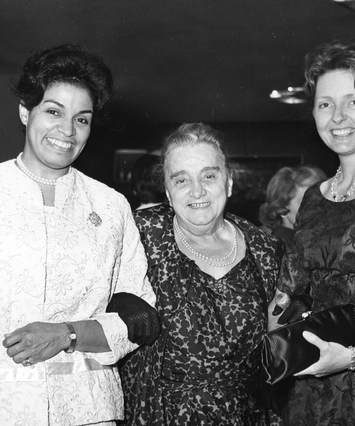In London at the top of the ladder in the musical world, where she had climbed with her artistry and years of hard work from Harlem to become the first black opera singer to take the lead in Carmen at Covent Garden, Muriel Smith was suddenly faced with a crucial choice. It was 1957, and the papers were beginning to report race riots resulting from new integration laws, breaking out in Alabama and Little Rock and promising to spread further.
'A great sense of helplessness came over me,' she wrote later. 'What practical thing could I do? Or where could I put myself in order to be in the path of something that might need to be done?'
Muriel Smith's career began (view more) when she created the role of Carmen Jones on Broadway in the 1940s, a time when few blacks were prominent outside the jazz scene. In the early 1950s she moved from Broadway to the London revue and recital stage and then to Drury Lane, where she starred for five years in South Pacific and The King and I.
She turned down Sam Goldwyn's insistent offer of a role in the film of Porgy and Bess, because she felt it did not enhance the dignity of her people. From then on she devoted her singing and her time to promoting understanding of the black race and to the healing of racial divisions worldwide.
She found in Moral Re-Armament the framework for which she had been looking. For fifteen years she traveled widely, using musicals, plays, films, recitals and personal encounters to express her vision of a united humanity.
She and others created a musical called The Crowning Experience based on the life of Mary McLeod Bethune, the pioneering black educator, and took it to Atlanta where it was the first show there to run before an audience where blacks and whites were seated equally. Residents reported it to have made a significant contribution to the later violence-free integration of the city.
In The New York Times she explained, 'Born and raised with the race question in America, I have through my life and through my career tried to bring an answer to this problem. I discovered that the answer to that great wound in this nation could begin in my heart and in my life. It meant I had to be honest about my past, clarify motives, and unselfishly to strike out with no thought of personal gain or ambition, with the love for the world that comes when we surrender our wills to be wholly committed to the power of God.
Smith spent the rest of her life working for reconciliation based on ethical values. The Crowning Experience was made into a feature film and shown worldwide, and she frequently travelled with and spoke after it. She continued to appear on stage and to give concerts, and from Welsh mining valleys to the cities and slums of Brazil reached out to offer people something of her inner vision.
In the early 1970s, Smith returned to America to care for her ageing mother. After her mother's death she herself contracted cancer, and while under treatment gave recitals and theatre performances. In 1984 she received an award from the National Council of Negro Women for her services to the arts and to the community.
Shortly before her death, Smith said, 'I felt that my country needed the healing (and still needs it) that could be found in facing the moral dilemma of judging people of the human family racially rather than on the basis of character. One of the choices I made was to give up my personal career in order to make such a statement.'
Her papers are now in the Schlesinger Library on the History of Women in America, Harvard Radcliffe Institute: “The pre-eminent research library on the history of women in the United States, the Schlesinger Library documents women's lives from the past and present for the future. In addition to its traditional strengths in the history of feminisms, women’s health, and women’s activism, the Schlesinger collections document the intersectional workings of race and ethnicity, gender, sexuality, and class in American history.” The papers have been processed and are now open to research. The direct link to the collection’s finding aid is: https://id.lib.harvard.edu/ead/sch02294/catalog.

